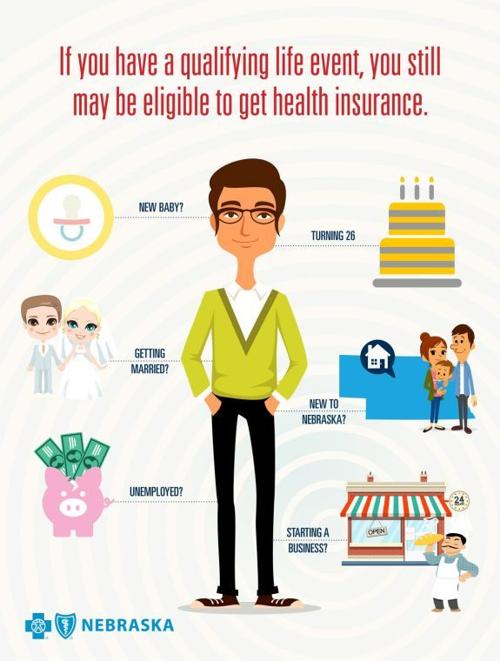Getting My Qualifying Life Events - Division of Human Resources To Work


A Complete Guide to Special Enrollment Periods and Qualifying Life Events - RMHP Blog

What Are Qualifying Life Events & Special Enrollment Periods?
Some Known Details About Special Enrollment Period & Qualifying Life Event - Amerihealth

It looks like Java, Script is handicapped in your internet browser. Unfortunately, Related Source Here won't have the ability to use without Java, Script allowed. Your web browser's support site can show you how to enable Java, Script .
Due to internal revenue service standards, you can not make changes to your health insurance coverage advantages outside of your employer's annual open registration duration unless you experience a qualifying life event (QLE). A QLE is a change in your situation like marrying, having a child, or losing health coverage that can make you qualified for an unique registration period.
The smart Trick of Qualifying Life Event - CareFirst BlueCross BlueShield That Nobody is Discussing
You will be asked to consist of: Supporting documents (see "Required Files" listed below), and The date the modification occurred. Beyond the unique enrollment period, your only chance to make a change is throughout your company's annual open enrollment (or if you experience another certifying life event). Can I offer a QLE for a future modification? No, this concern shows up a lotspecifically for those anticipating an infant.
It works to keep in mind that, specifically and for the birth of a kid, protection is always retroactively available as of the birth date. See the "QLE Effective Date" area at the bottom of this article for more details. 4 Fundamental Kinds Of QLEs, The most common examples include: Loss of health coverage, Losing existing health coverage, including job-based, individual, and trainee strategies, Losing eligibility for Medicare, Medicaid, or CHIPTurning 26 and losing protection through a moms and dad's plan, Changes in home, Marrying or divorced, Having a child or embracing a kid, Death in the family, For employer-sponsored health strategies, modifications in residence qualify if the move indicates the employee no longer has protection on their existing strategy (example: Staff member is on a California HMO, however relocates to Texas).
